Innovation, Creative Destruction, and the Smart State
Jump directly to
Innovation, Creative Destruction, and the Smart State
Jump directly to
On March 20, the UBS Center hosted a public lecture by Prof. Philippe Aghion, Professor of Economics at Harvard University. Prof. Aghion is one of the most prolific and influential economists of his generation. Together with Peter Howitt, he developed the so-called Schumpeterian Growth Paradigm, and later extended the paradigm in several directions; much of the resulting work is summarized in his joint book with Howitt entitled “Endogenous Growth Theory.” In his lecture, he elaborated on the importance of innovation for the modern state. Can institutions and economic policies foster innovation? What is the benefit of state incentive programs?
In the post-war period, Western Europe economies were growing faster than the US and had a lower unemployment rate. This growth stopped in the late 1970s. Why was Europe doing so well, and why did growth stop? The answer according to Aghion is simple. Imitation drove the growth in European countries during this period. In this catch-up period – which brought Europe its longest period of uninterrupted and high-level growth – was accompanied by economic policies based on Keynesian principles, while an ever growing welfare state was supposed to deal with social issues. Industrial policy also played an important role in many European countries. In France, for instance, the state fostered a few national champions plus some stateowned firms, and enjoyed quite some success with such policies. Times, however, have changed, as Europe at some point had largely caught up with the United States, joining the “frontier economies”, where continued innovation is needed to enjoy sustained economic growth. And innovation involves creative destruction, meaning that new forms replace old forms, including many elements of trial and error. For this process to work, new firms must constantly replace old firms that were unable to meet changing conditions in time.
In frontier economies, the old ways of doing things will not work anymore, so that the states need to adjust their policies. Industrial policy, for instance, does not make sense anymore, because the champions change constantly in an innovative state. If the state chooses and supports some champions, new firms that enter the market are unable to compete, inhibiting creative destruction and lowering innovation. Innovation and creative destruction on the other hand need the labour market to adjust for continued changes, leading to a high level of unemployment. So the state should instead of focusing on job security redirect its efforts towards helping people to find new employment if their companies are among the ones affected by the process of creative destruction. To best support their innovation- based economies, the new “smart state” should depart from the old post-war policies and focus instead on the promotion of competition, labor market flexibility and training, should invest more and better in higher education, and should rely more on “supply-sided” macroeconomic policies over the business cycle.
On March 20, the UBS Center hosted a public lecture by Prof. Philippe Aghion, Professor of Economics at Harvard University. Prof. Aghion is one of the most prolific and influential economists of his generation. Together with Peter Howitt, he developed the so-called Schumpeterian Growth Paradigm, and later extended the paradigm in several directions; much of the resulting work is summarized in his joint book with Howitt entitled “Endogenous Growth Theory.” In his lecture, he elaborated on the importance of innovation for the modern state. Can institutions and economic policies foster innovation? What is the benefit of state incentive programs?
In the post-war period, Western Europe economies were growing faster than the US and had a lower unemployment rate. This growth stopped in the late 1970s. Why was Europe doing so well, and why did growth stop? The answer according to Aghion is simple. Imitation drove the growth in European countries during this period. In this catch-up period – which brought Europe its longest period of uninterrupted and high-level growth – was accompanied by economic policies based on Keynesian principles, while an ever growing welfare state was supposed to deal with social issues. Industrial policy also played an important role in many European countries. In France, for instance, the state fostered a few national champions plus some stateowned firms, and enjoyed quite some success with such policies. Times, however, have changed, as Europe at some point had largely caught up with the United States, joining the “frontier economies”, where continued innovation is needed to enjoy sustained economic growth. And innovation involves creative destruction, meaning that new forms replace old forms, including many elements of trial and error. For this process to work, new firms must constantly replace old firms that were unable to meet changing conditions in time.
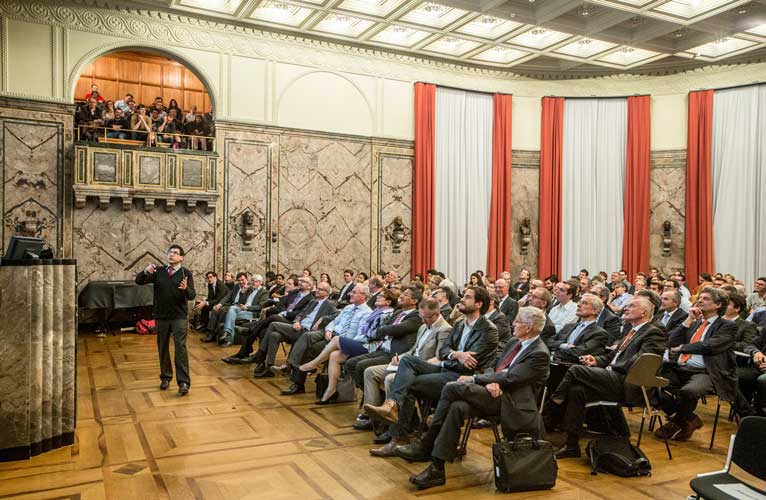
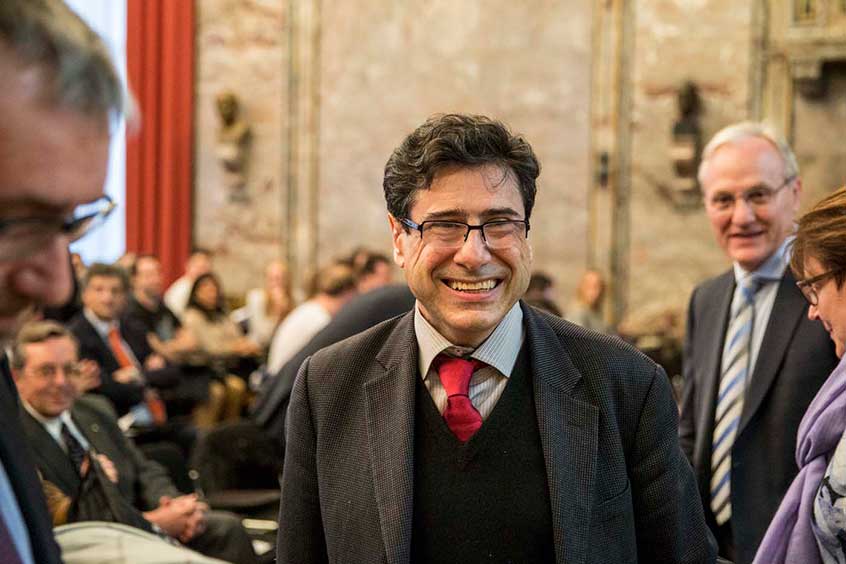
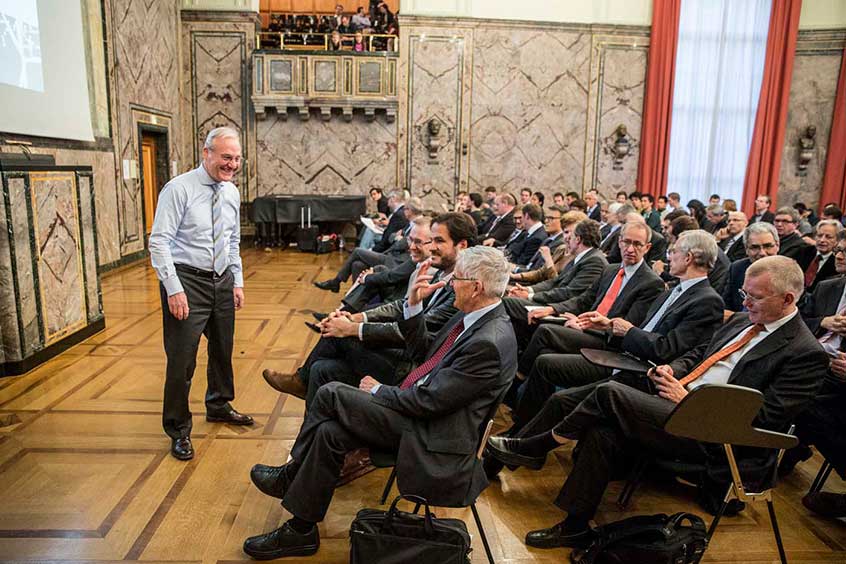
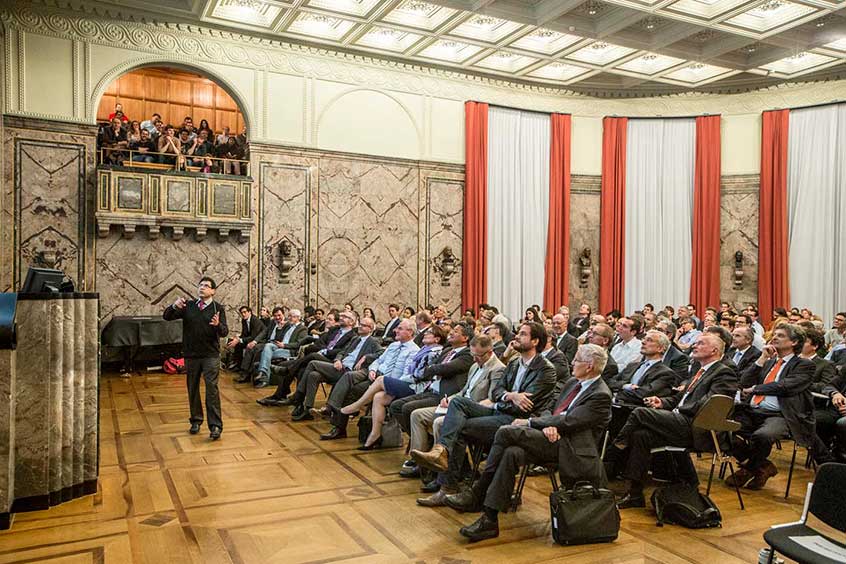
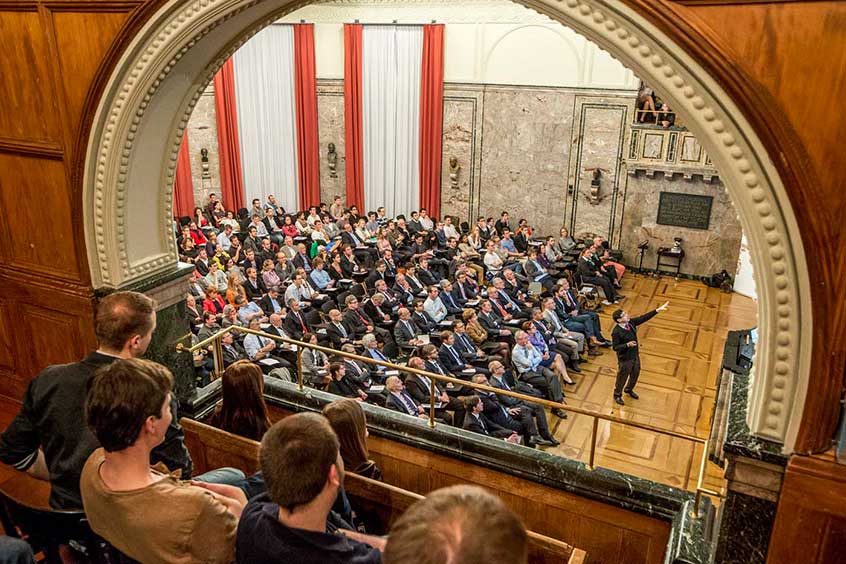
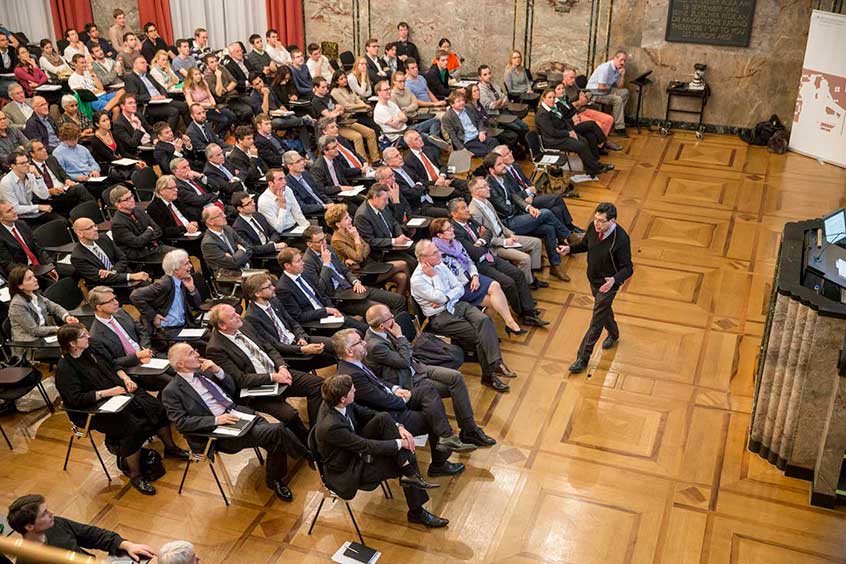
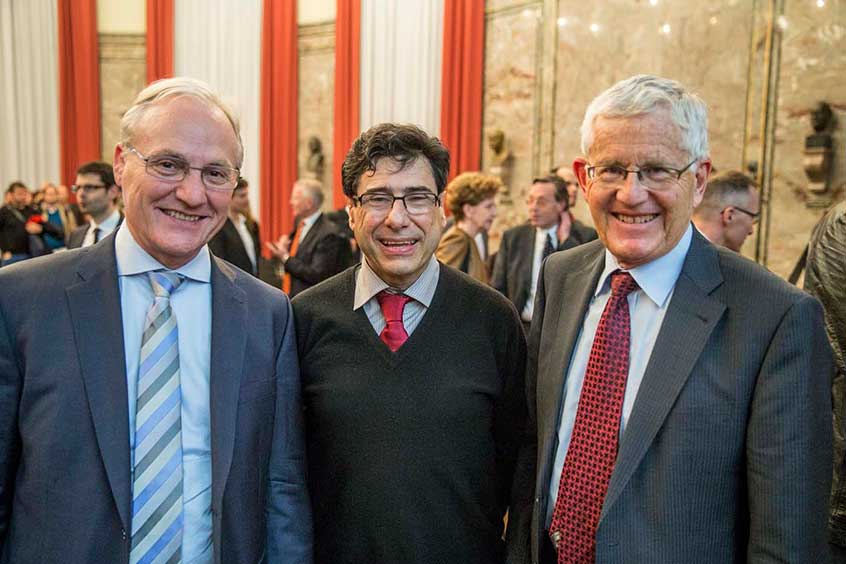
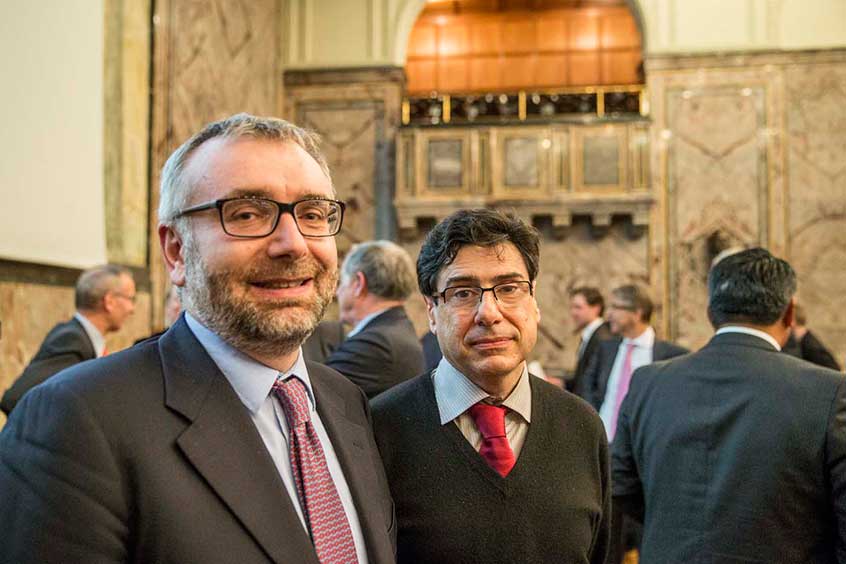
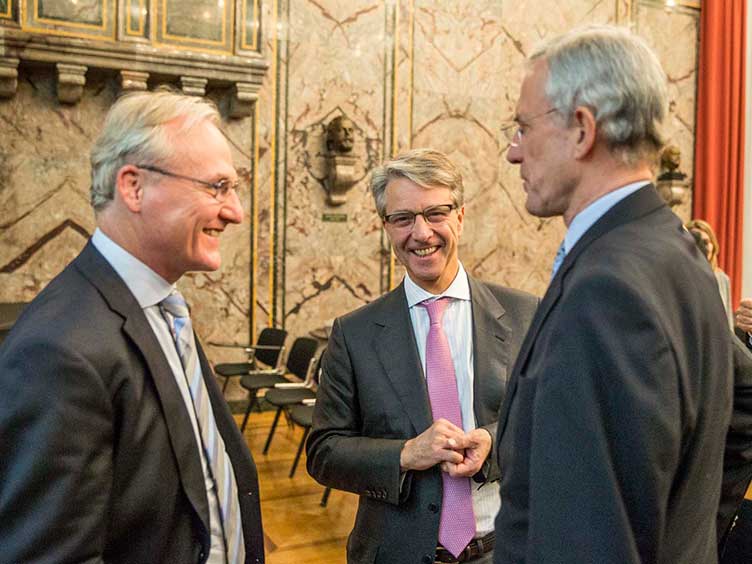
Prof. Philippe Aghion is Centennial Professor of Economics at the London School of Economics and Fellow of The Econometric Society and of the American Academy of Arts and Sciences. He is one of the most prolific and influential economists of his generation. His main research is on economic growth and the theory of contracts and organizations. With Peter Howitt, he developed the so-called Schumpeterian Growth Paradigm, and extended the paradigm in several directions; much of the resulting work is summarized in his joint book with Howitt entitled "Endogenous Growth Theory".
Prof. Philippe Aghion is Centennial Professor of Economics at the London School of Economics and Fellow of The Econometric Society and of the American Academy of Arts and Sciences. He is one of the most prolific and influential economists of his generation. His main research is on economic growth and the theory of contracts and organizations. With Peter Howitt, he developed the so-called Schumpeterian Growth Paradigm, and extended the paradigm in several directions; much of the resulting work is summarized in his joint book with Howitt entitled "Endogenous Growth Theory".